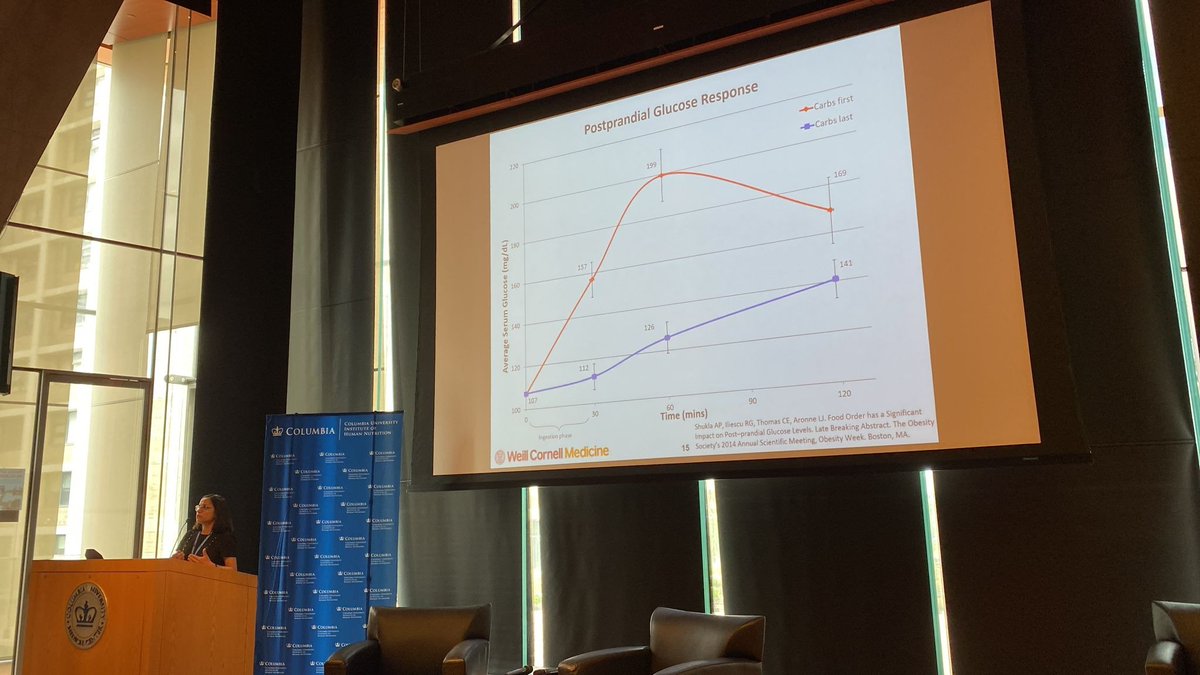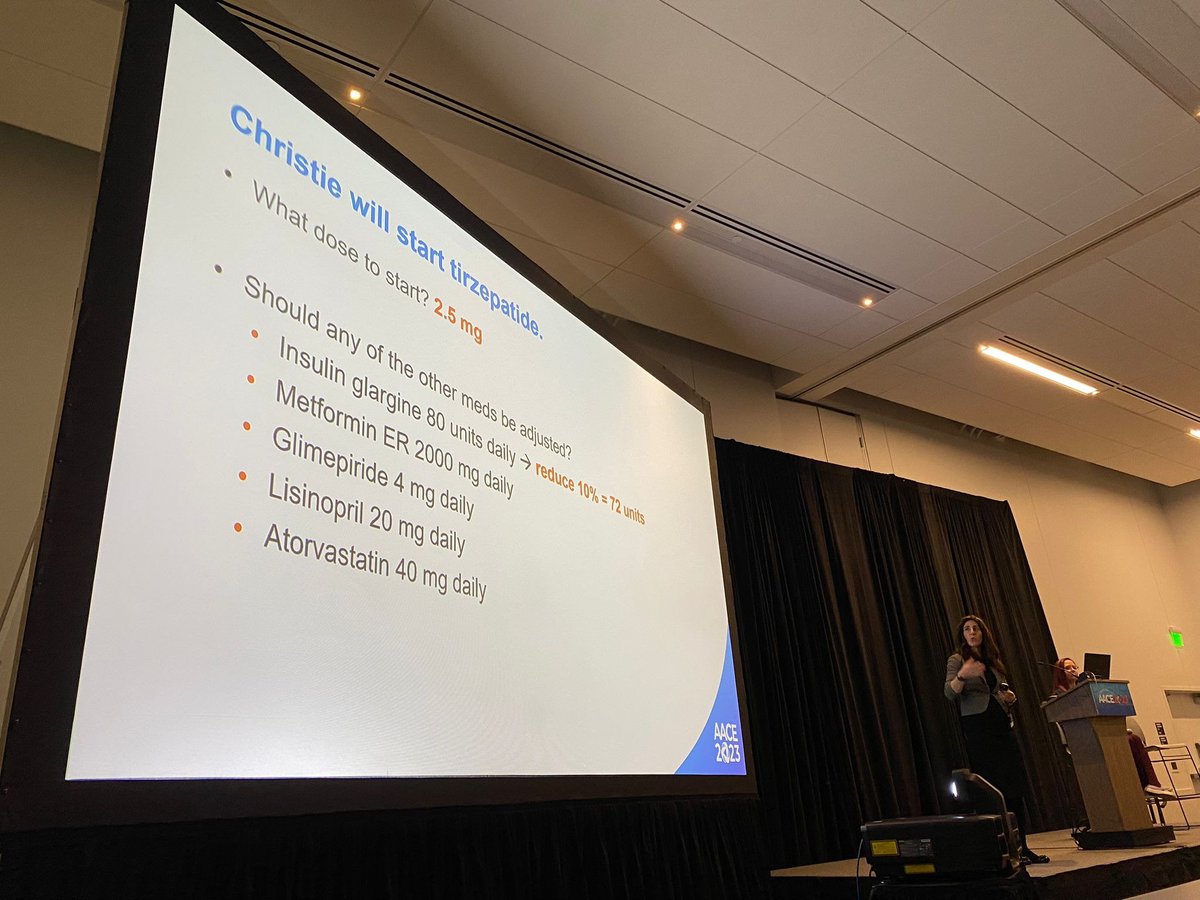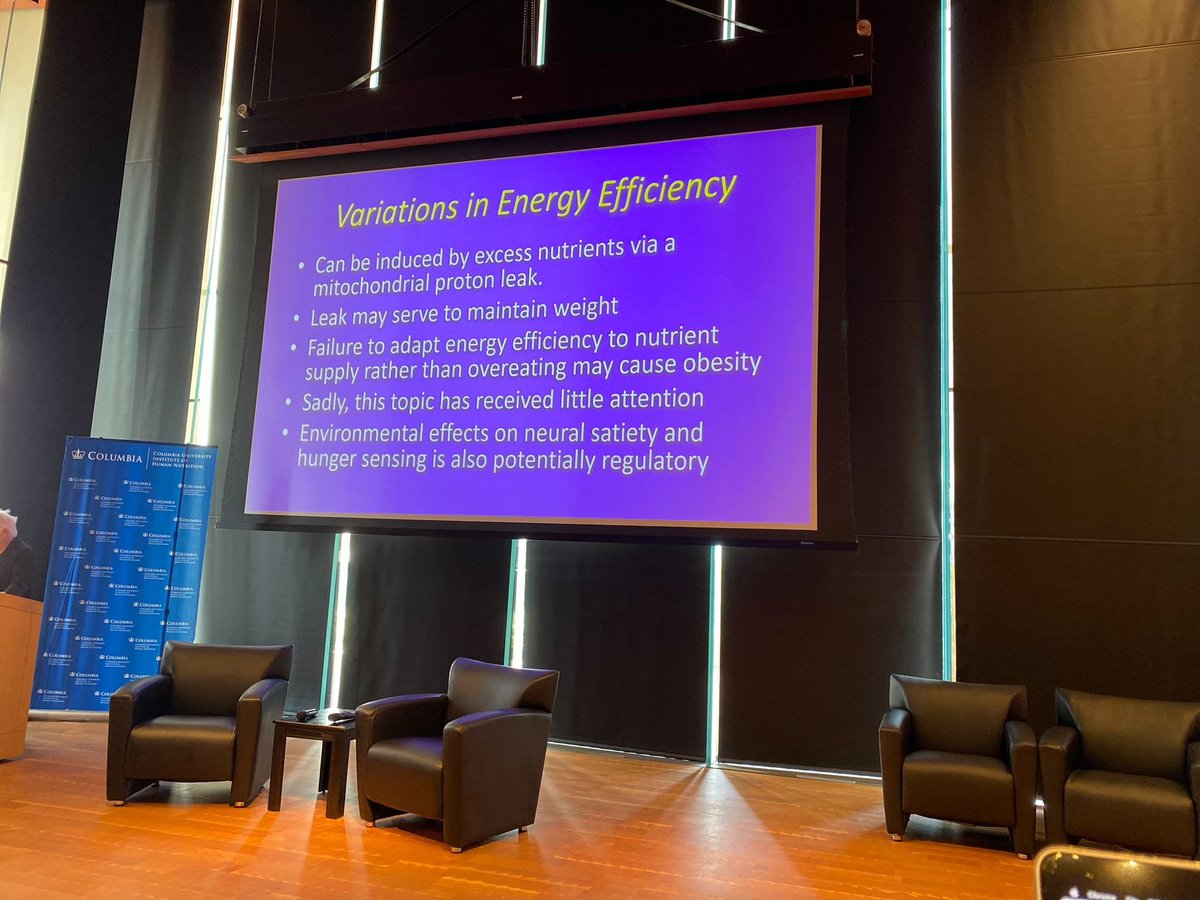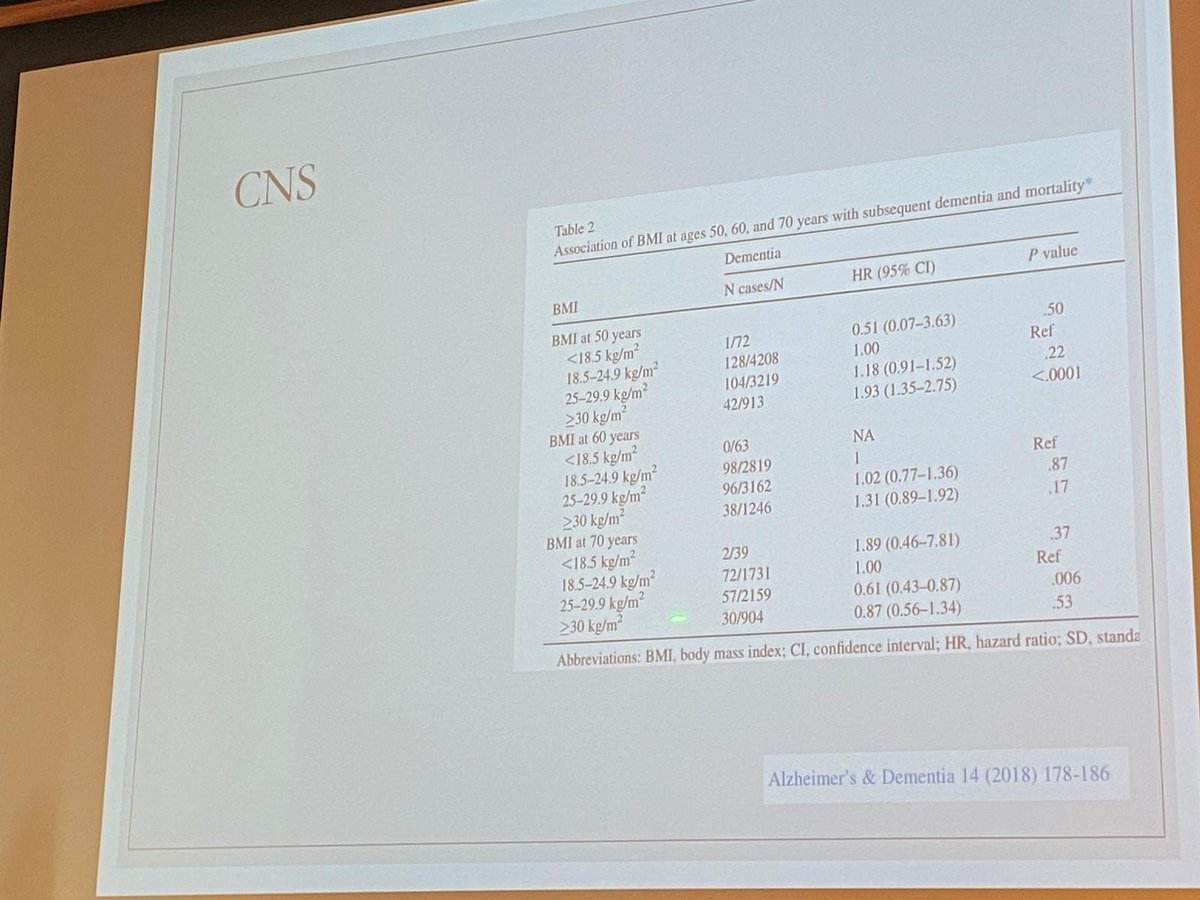@alpanashuklamd et al examined the effect of macronutrient sequencing (carbs first vs carbs last) in ppl with diabetes, prediabetes, or gestational diabetes
This study looked at those with prediabetes:
dom-pubs.onlinelibrary.wiley.com/doi/abs/10.111…
2/
This study looked at those with prediabetes:
dom-pubs.onlinelibrary.wiley.com/doi/abs/10.111…
2/
Among those with prediabetes, we saw significant differences in glucose, insulin, ghrelin, and GLP-1 -- all favoring the "carbohydrates-last" food order
3/



3/




But what happens after 180 min?
We have an ongoing study examining changes over 16 weeks so stay tuned for results!
🙃 How do you think #weight and #food behaviors changed?
4/
We have an ongoing study examining changes over 16 weeks so stay tuned for results!
🙃 How do you think #weight and #food behaviors changed?
4/

We're also looking at how glucose changes with food order in people with #diabetes, as assessed by continuous glucose monitor. Stay tuned for results!
🙃 How do you think A1c, average glucose, and time-in-range changed?
5/5
🙃 How do you think A1c, average glucose, and time-in-range changed?
5/5

• • •
Missing some Tweet in this thread? You can try to
force a refresh

 Read on Twitter
Read on Twitter



















